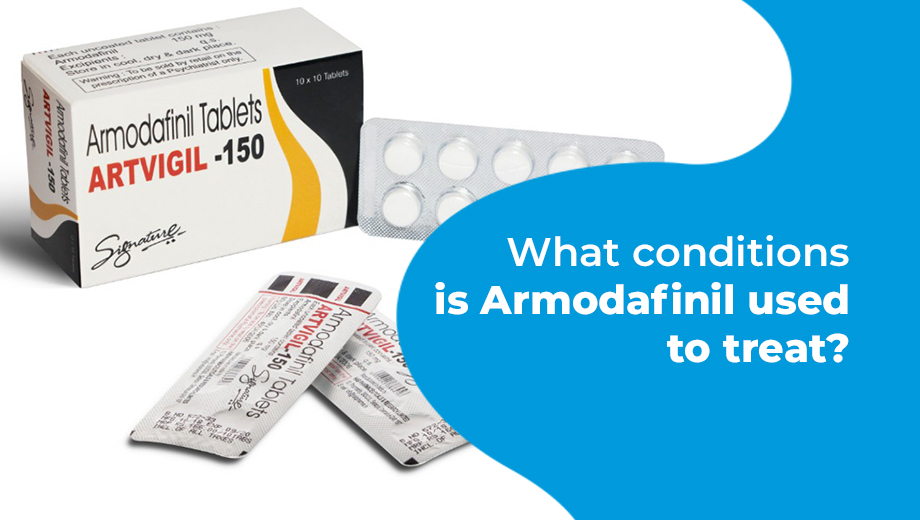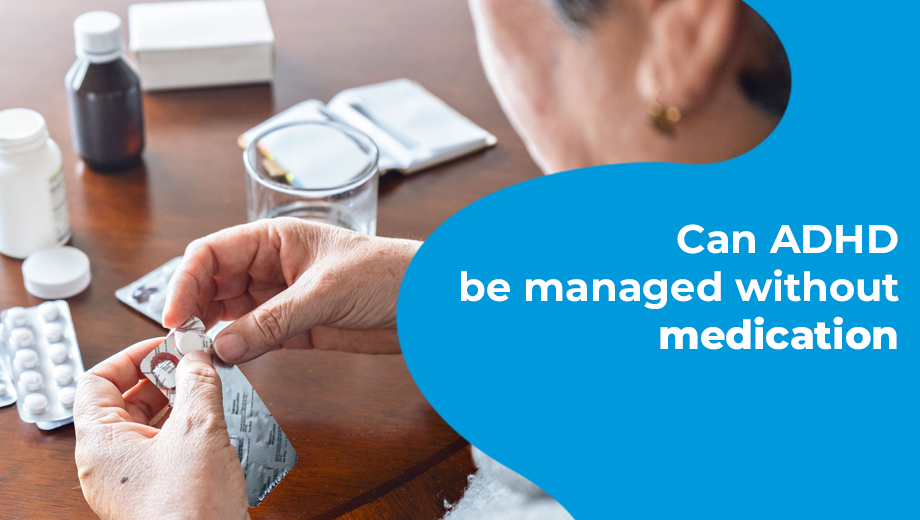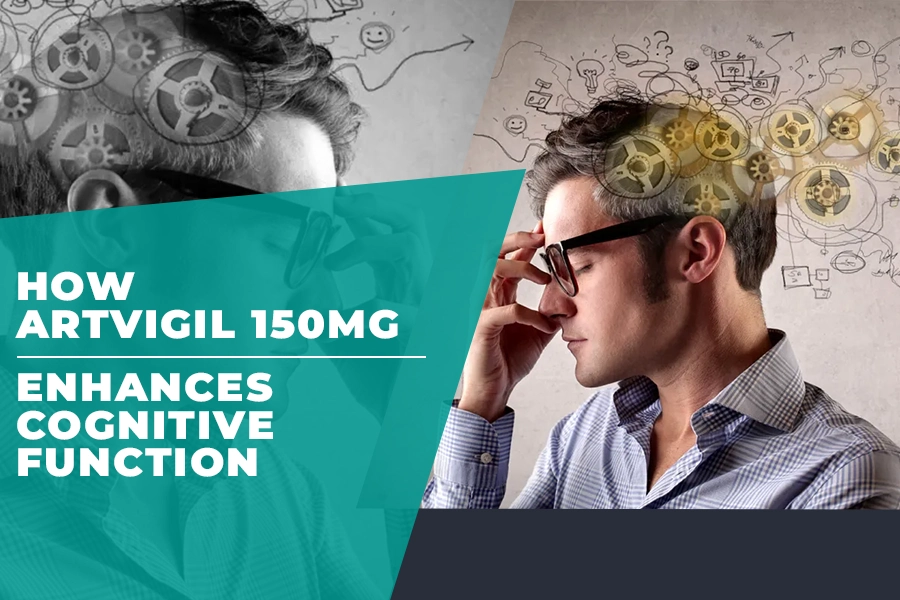Attention Deficit Hyperactivity Disease (ADHD) is a neurodevelopmental disease. Its symptoms are impulsivity, not paying attention, and being overly active. Stimulant drugs like methylphenidate and amphetamines have been used to treat ADHD for a long time. These drugs work, but they can have side effects. As doctors and researchers look for new ways to help mental health problems, non-stimulant drugs like Armodafinil are being thought about. Armodafinil is mostly known as a drug that keeps people awake. It is used to treat sleep disorders like narcolepsy. However, research has also shown that it assists in relieving ADHD symptoms. We’ll talk about how ADHD is usually treated. We will also discuss Armodafinil and whether it could be a beneficial way to deal with ADHD.
Understanding ADHD and Its Treatment Options
ADHD is characterized by inattention, hyperactivity, and impulsivity. This might hinder growth and daily living. It normally starts in childhood, but symptoms can persist into adulthood and hinder scholastic, social, and career performance. It is often treated with medication and behavioral therapy.
Stimulant Medications
Ritalin and Adderall are used in most therapies. They improve concentration by increasing brain dopamine and norepinephrine. Although they can cause anxiety, insomnia, and appetite suppression, these medicines help many people suffering from ADHD. However, it is important to keep in mind that people using it may develop tolerance or dependence.
Non-Stimulant Medications
Patients who cannot tolerate stimulants have non-stimulant choices. Atomoxetine, a selective norepinephrine reuptake inhibitor, treats ADHD without stimulants. Non-stimulants work slower and less effectively than stimulants.
Armodafinil may be a new ADHD therapy option as researchers and medical experts investigate it.
What is Armodafinil?
Armodafinil is a drug that helps people stay awake and is mostly given to people with sleep disorders like narcolepsy, shift work disorder, and obstructive sleep apnea. This is the R-enantiomer of Modafinil, which means it is a better form of the drug that works for longer. Armodafinil raises dopamine levels by stopping the release of dopamine. This makes you more awake and helps you concentrate better. Researchers are looking into how this process might help people with ADHD.
The effectiveness of armodafinil in treating ADHD
Some studies have studied Armodafinil as an alternative to ADHD medicines; however, the FDA has not approved it.
Researchers Study of Armodafinil for ADHD
Clinical investigations of Modafinil and Armodafinil for ADHD symptoms have yielded inconsistent results; however, some suggest benefits are as follows:
Improved Focus and Attention
Armodafinil may help people with ADHD pay attention and concentrate better, according to some studies. In a way similar to how stimulant drugs work, increasing dopamine activity in the brain may make it easier to stay focused and eliminate distractions.
Lower reliance and tolerance risk
One benefit of Armodafinil is that it doesn’t make people as dependent on it as some other drugs do. A lot of people abuse stimulants like Adderall and Ritalin. On the other hand, Armodafinil is on Schedule IV, which means it is less likely to be abused or become addicted.
Mild Side Effects
Most of the time, armodafinil only causes mild side effects. Headaches, nausea, and nervousness are the most common ones. Armodafinil is different from other stimulants because it doesn’t usually make your heart rate or blood pressure go up a lot. This makes it a safer choice for some people.
Longer Duration of Action
The benefits of armodafinil can last up to 15 hours, which makes you more alert and focused all day. People with ADHD who have trouble staying focused for long amounts of time may benefit the most from this long duration.
Limitations and Challenges
• Lack of FDA approval for ADHD
Armodafinil is off-label for ADHD because the FDA has not approved it. There is less scientific research supporting its ADHD efficacy than standard ADHD drugs. For ADHD therapy, Armodafinil may not be covered by insurance, making it more expensive.
• Mixed Clinical Trial Results
Some studies suggest gains in attention and focus, whereas others show no change in ADHD symptoms. Results vary, suggesting that Armodafinil may not work for everyone and that individual reactions can vary.
• Possible Side Effects
Although Armodafinil’s adverse effects are modest, some patients may experience insomnia if taken late in the day. Headaches, dry mouth, and nervousness may disrupt daily life for some users.
• Long-Term Efficacy and Safety
The long-term effects of Armodafinil for ADHD are unknown because most research focuses on short-term use. Some clinicians are hesitant to prescribe it for ADHD because of poor long-term safety and efficacy data.
Conclusion
This suggests that Armodafinil may be effective for patients with ADHD who are not drug-responsive or have intolerable side effects when taking the drugs. In addition, it may act as a stimulant by increasing dopamine levels, thereby helping one stay awake and possibly focused. It is less addictive and has more tolerable side effects compared to other similar medications on the market. However, there is little solid evidence available that suggests that it is useful in the management of the disorders and indeed, it is not indicated for this purpose. Since such data is unavailable, this option suffered the least in Great Lakes. If considering taking Armodafinil, it is best to consult a doctor for benefits and risks evaluation and individualized treatment plan development.





